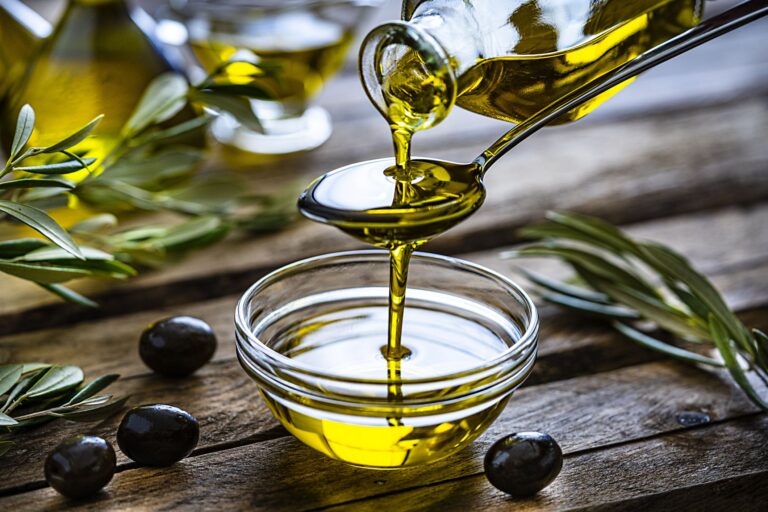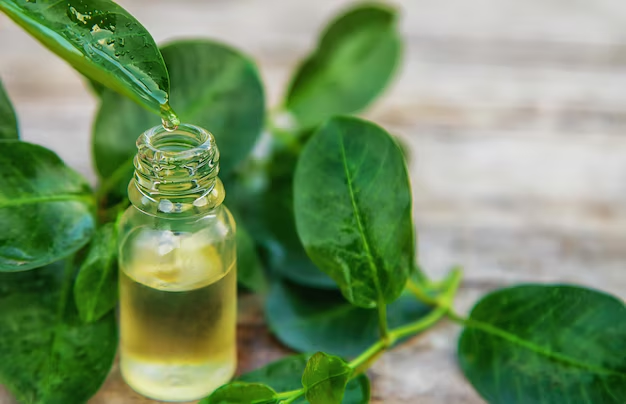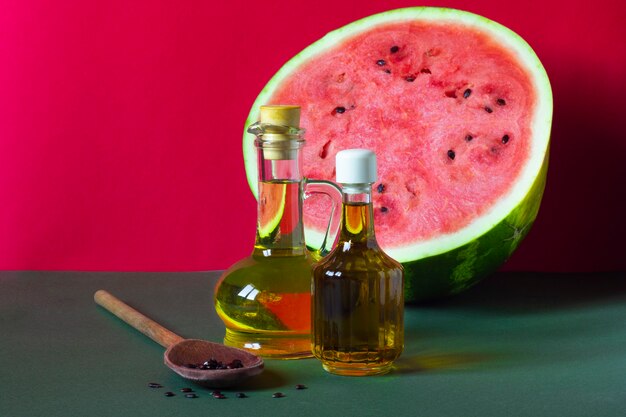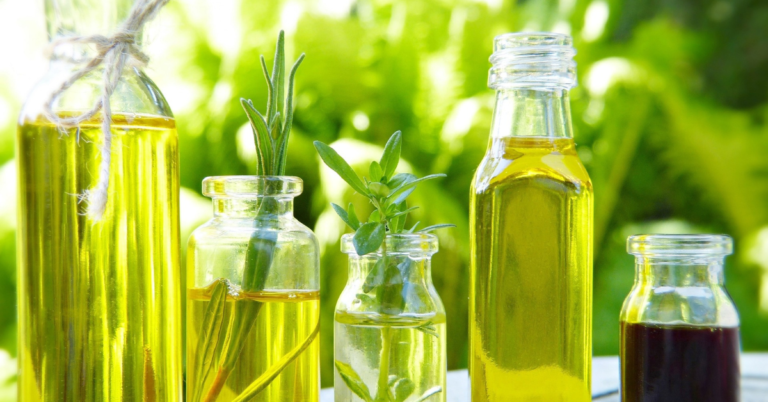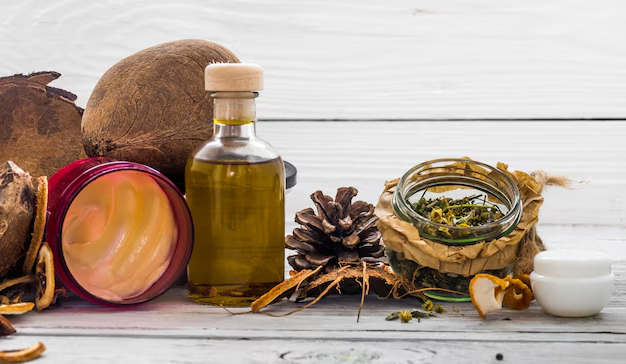
A Cold Evening and a Warm Reminder
It was a cold winter evening, and I felt the first signs of a scratchy throat. My grandmother handed me a small vial and said, “This will help you feel better.” She had always believed in the power of nature to heal. The vial contained a mix of essential oils she had blended herself. Within days, my symptoms eased, and I felt stronger. That small act sparked my fascination with essential oils and their potential to support our immune system.
Fast forward to today, many of us are rediscovering the benefits of essential oils. With their natural properties and increasing use in holistic wellness, essential oils are proving to be more than just aromatic companions.
Let’s dive into the top 5 essential oils that can help bolster your immune system.
Why Essential Oils?
Essential oils aren’t just about relaxation or pleasant aromas. They are powerful extracts derived from plants, offering multiple health benefits, including immune system support. Unlike extract oils commonly used in cooking, essential oils have highly concentrated compounds that target specific health needs.
While the health benefits of mustard oil are known, essential oils work differently. They interact with our body’s chemistry to enhance immune responses and reduce inflammation. For instance, oils extracted using cold-pressed methods retain more nutrients, much like cold-pressed edible oils, ensuring their effectiveness.
At the same time, the environmental impact of oil production, particularly palm oil, highlights the importance of choosing sustainable options. Just as edible oil refining improves shelf life and usability, refining practices in essential oils enhance their potency.
Top 5 Essential Oils for Immune Support
1. Tea Tree Oil
Tea tree oil, derived from the Melaleuca plant, is renowned for its antibacterial and antiviral properties. It’s like having a natural shield against infections.
- How it helps: Tea tree oil strengthens the body’s defense mechanism by eliminating pathogens that can compromise your health. Its antimicrobial effects are supported by studies showing reduced bacterial growth in clinical settings.
- Usage: Add a few drops to a diffuser to purify the air or dilute with a carrier oil for topical use.
- Fact: Tea tree oil’s effectiveness in combating airborne bacteria makes it a popular choice during flu season.
2. Eucalyptus Oil
Eucalyptus oil doesn’t just smell refreshing—it’s a powerhouse for respiratory health and immune support.
- How it helps: Its active compound, cineole, has been shown to reduce inflammation and improve airflow, helping the immune system fight respiratory infections.
- Usage: Combine it with coconut oil and apply it to your chest for relief or inhale it through steam therapy.
- Fact: A 2010 study published in the journal Respiratory Medicine highlighted its effectiveness in reducing cold symptoms.
3. Lemon Oil
Lemon essential oil, extracted from lemon peels, is packed with antioxidants that boost immunity.
- How it helps: Lemon oil’s detoxifying properties support the liver in flushing out toxins, creating a healthier environment for the immune system.
- Usage: Add a drop to a glass of water or diffuse it to uplift your mood while supporting your health.
- Fact: Lemon oil’s high limonene content has been studied for its role in combating oxidative stress. Much like how the health benefits of edible oil are preserved through proper storage, lemon oil’s properties thrive under optimal conditions.
4. Oregano Oil
This oil, derived from oregano leaves, is a natural antibiotic and antiviral agent.
- How it helps: Oregano oil contains carvacrol and thymol, compounds known for their ability to fight off infections and boost white blood cell production.
- Usage: Mix it with olive oil before consuming or use it topically for targeted application.
- Fact: Oregano oil is often compared to pharmaceutical antibiotics for its effectiveness against bacteria. This is similar to how coconut oil vs. olive oil comparisons highlight their differing yet effective roles in health.
5. Lavender Oil
Known for its calming properties, lavender oil also supports immune health by reducing stress—a key factor in maintaining a robust immune system.
- How it helps: Stress weakens immunity, and lavender’s soothing effects help balance the body’s stress levels.
- Usage: Diffuse it in your room before bed or mix it with mustard oil for a relaxing massage.
- Fact: A 2017 study showed lavender oil’s ability to lower cortisol levels, which supports immune function. As stress management becomes crucial, choosing oils that complement daily life, like mustard oil for massages, enhances overall well-being.
The Science Behind Essential Oils and Immunity
Essential oils interact with the body’s olfactory system, influencing hormones and neurotransmitters that regulate immunity. For example, the antioxidants in lemon oil combat free radicals, much like the antioxidants in certain types of edible oil.
While edible oils like coconut and olive oil have their unique health benefits, essential oils target immunity on a cellular level. The cold-pressed benefits seen in some edible oils also apply to essential oils, ensuring their natural properties remain intact. With the price rise of edible oil, choosing oils that serve multiple purposes can be a cost-effective approach to health.
Sustainability and the Environmental Impact of Oils
The increasing demand for both edible oils and essential oils has raised concerns about sustainability. The environmental impact of oil production, particularly palm oil, has led to calls for more eco-friendly practices. Choosing sustainably sourced essential oils not only supports your health but also the planet’s well-being.
Edible oil refining has already adapted to sustainable practices, proving that even high-demand industries can prioritize environmental considerations. Supporting brands that emphasize sustainability, whether in palm oil or essential oil production, aligns with eco-conscious values.
How to Use Essential Oils Safely
Using essential oils requires caution to ensure their benefits without adverse effects:
- Dilute: Always mix essential oils with a carrier oil, such as coconut or olive oil, before applying them to the skin.
- Inhale: Use a diffuser or add a few drops to hot water for steam inhalation.
- Patch Test: Test a small amount on your skin to rule out allergic reactions.
- Avoid Ingestion: Unless advised by a healthcare professional, do not ingest essential oils.
Conclusion
Essential oils are nature’s way of supporting our immune systems. From tea tree’s antibacterial prowess to lavender’s stress-relieving magic, each oil offers unique benefits. By incorporating these oils into your routine, you can strengthen your immunity naturally and sustainably.
As the global focus shifts to healthier living, the synergy between essential oils and edible oils offers an exciting avenue for wellness. So, which essential oil will you try first to boost your immune system? Let us know your thoughts!
